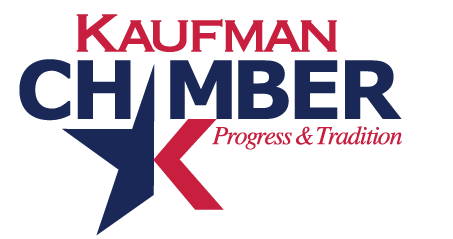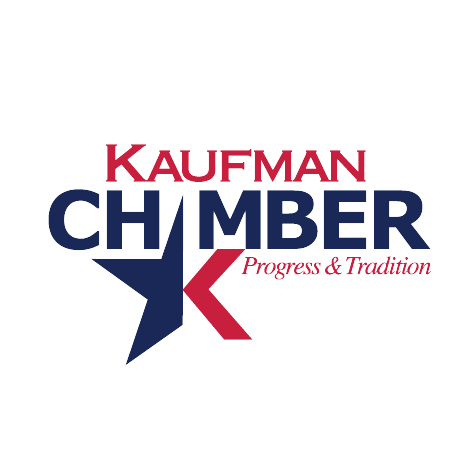The financial stability of a small business is like the foundation of a building: essential but often overlooked. Many small business owners grapple with financial challenges, from cash flow management to setting up the business structure. Ignoring these aspects can lead to unfortunate financial pitfalls. In this article, we will address various strategies to fortify your financial standing and create a safety net for your small business.
Forecasting Cash Flow for Financial Clarity
Understanding your cash flow is akin to knowing the weather forecast; it prepares you for what lies ahead. A cash flow projection helps anticipate incoming revenue and outgoing expenses, thus helping you make informed decisions. To ensure its reliability, this projection should be reviewed and updated regularly. For example, if you run a seasonal business, your cash flow may differ from month to month, making constant monitoring crucial.
Choosing the Right Business Structure
The choice of business structure can have far-reaching implications on your tax liabilities and overall financial health. Among the different types of structures, S corporations have distinct advantages, including pass-through taxation, which allows profits to be taxed at individual rates, and the availability of numerous tax deductions. Thus, selecting an appropriate business structure is not just a bureaucratic formality but a crucial financial decision.
Joining Your Chamber of Commerce
Joining your local chamber of commerce can significantly improve your business’s financial stability. Being a member not only increases your credibility, which can lead to increased customer trust and business growth, but it also provides access to valuable discounts on insurance, office supplies, and other business needs that can reduce your operational expenses. Boost your business and become part of a thriving community by joining the Kaufman Chamber of Commerce!
Separating Personal and Business Finances
Mixing personal and business finances can blur the line between professional expenses and personal expenditures. Separate accounts for both help to maintain financial discipline, prevent accidental overspending, and make tracking simpler. For instance, using a dedicated business credit card for operational costs can make accounting and auditing significantly less complicated.
Leasing Equipment
When acquiring equipment, businesses often face the dilemma of leasing or buying. Leasing usually involves lower upfront costs and easier upgrades, while buying results in owning an asset that can be depreciated over time. Weighing the pros and cons of both options, in light of your business needs, can help make a financially wise decision.
Investing In a Home Warranty if You Operate From Home
Operating a business from home presents unique challenges that require specialized financial safeguards. Solutions for home warranty plans can serve as a supplement to traditional business insurance. These home warranty plans cover essential systems and appliances in your home, such as HVAC, plumbing, and electrical systems, thereby minimizing unexpected repair or replacement costs. In essence, having a home warranty in place for a home-based business provides an additional layer of financial protection, allowing owners to concentrate on business growth rather than potential home repairs.
Building Strong Lender and Investor Relationships
Relationships with lenders and investors are the lifeblood of a small business’s financial ecosystem. Establishing trust and maintaining open communication can offer you better terms and create opportunities for financial growth. Tips for building these relationships include timely repayment of loans, regular financial updates, and mutual goal-setting.
Seeking Professional Financial Guidance
Sometimes, navigating the financial intricacies of running a business requires specialized expertise. An accountant or a financial advisor can offer you targeted advice and strategies. Their proficiency not only aids in tax preparation but also provides strategic guidance for sustainable financial growth.
By proactively adopting these measures, small business owners can pave the way for a financially secure and successful future. The importance of a well-managed cash flow, an appropriate business structure, and targeted financial advice cannot be overstated. Supplementing these with strong lender relationships and additional protections like home warranties can further safeguard against unexpected financial challenges. In the end, taking these steps not only solidifies your financial footing but also liberates you to focus on what you do best: running your business effectively.



